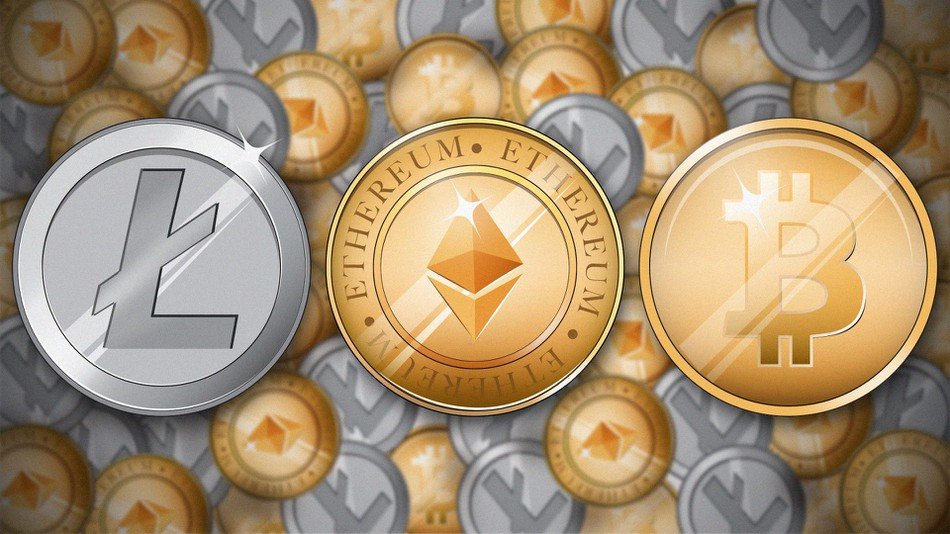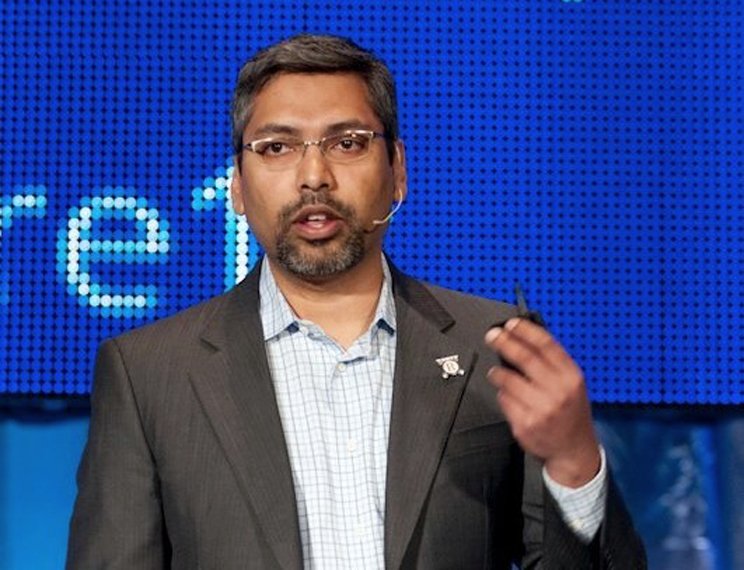The CEO of a company has and can have a huge impact in the companies strategic direction, vision, marketing and innovation. We all know Sinek’s Why, the power of Why and how Purpose-driven organization excel in shared values and common goals. Read further about Fishkin’s advice for CEOs and how they are the brands’ chief evangelists.
In an article on Econsultancy, David Moth elaborates why CEOs need to be great marketers. Peter Drucker once said that marketing and innovation is all that matters, the rest are costs. In light of this and the importance of the Why of an organization, Fishkin gives his three reasons why CEOs need to do the marketing themselves:
1. Nobody knows the business as well as the CEO. The CEO is in a unique position in terms of their knowledge of the company, its products and its strategy.
2. Nobody else has the CEO’s reach of coverage. Press and public interest is always drawn to the person in charge. For example, even though Facebook COO Sheryl Sandberg has been in the press a lot lately due to her book tour, people are still far more interested in CEO Mark Zuckerberg.
3. Nobody else has the CEO’s authority. They are the ultimate decision maker, and much of what makes CEOs great leaders also make them great marketers, e.g. strategy, vision, charisma.
I don’t think the CEO needs to do the marketing themselves, But I do think the CEO has the responsibility of evangelising, inspiring and empower people to live and breathe the Why of the company (which in essence is marketing).
In the same article Moth gives 10 tactical tips by Fishkin on inbound marketing for the CEO:
- Understand how your funnel works.
- Be proactive in your industry.
- Use the press wisely.
- Empower your marketing team with developers.
- Get good at one or more forms of content.
- Recognise marketing accomplishments the way you do product, engineering and financial milestones.
- Optimise your online biography and update it frequently.
- CEOs amass favours.
- Make use of your contacts to amplify messages.
- Embrace authenticity.
Great tips, the ones I like the most, when you are in startup modus, are being authentic and being proactive in your market! This works, being authentic doesn’t cost you anything, being proactive does, but it works, don’t expect results in a day but cultivate your credibility effectively and start now.
Cultivate your brand, people do business with other people that think the same.
Personal branding is not an option
Personal branding is important because of the humanization of the brand and the Power of the Why. To be a brand’s Chief Evangelist means to be human in my view. Not hiding within the corporate walls but opening up to your audience, show vulnerability, expertise and passion.
Glen Llopis puts it well in his article on Forbes on personal branding:
Your personal brand should represent the value you are able to consistently deliver to those whom you are serving.
View your personal brand as a trademark; an asset that you must protect while continuously molding and shaping it. Your personal brand is an asset that must be managed with the intention of helping others benefit from having a relationship with you and / or by being associated with your work and the industry you serve.
The learning as with the first part of the article is that it is about the customer and employee, not about the leader, CEO him- or herself. Blatant promotion will backfire for sure.
Your personal brand should represent the value you are able to consistently deliver to those whom you are serving.
Gianluigi Cuccureddu is co-founder of Damarque, helping you to improve your commercial performance through better engagement with your employees, customers and strategic business partners.
We offer high-impact training, coaching and consulting services for professionals, teams and organizations to help improve people ánd organizational performance and innovation capability in an efficient and sustainable way.



























